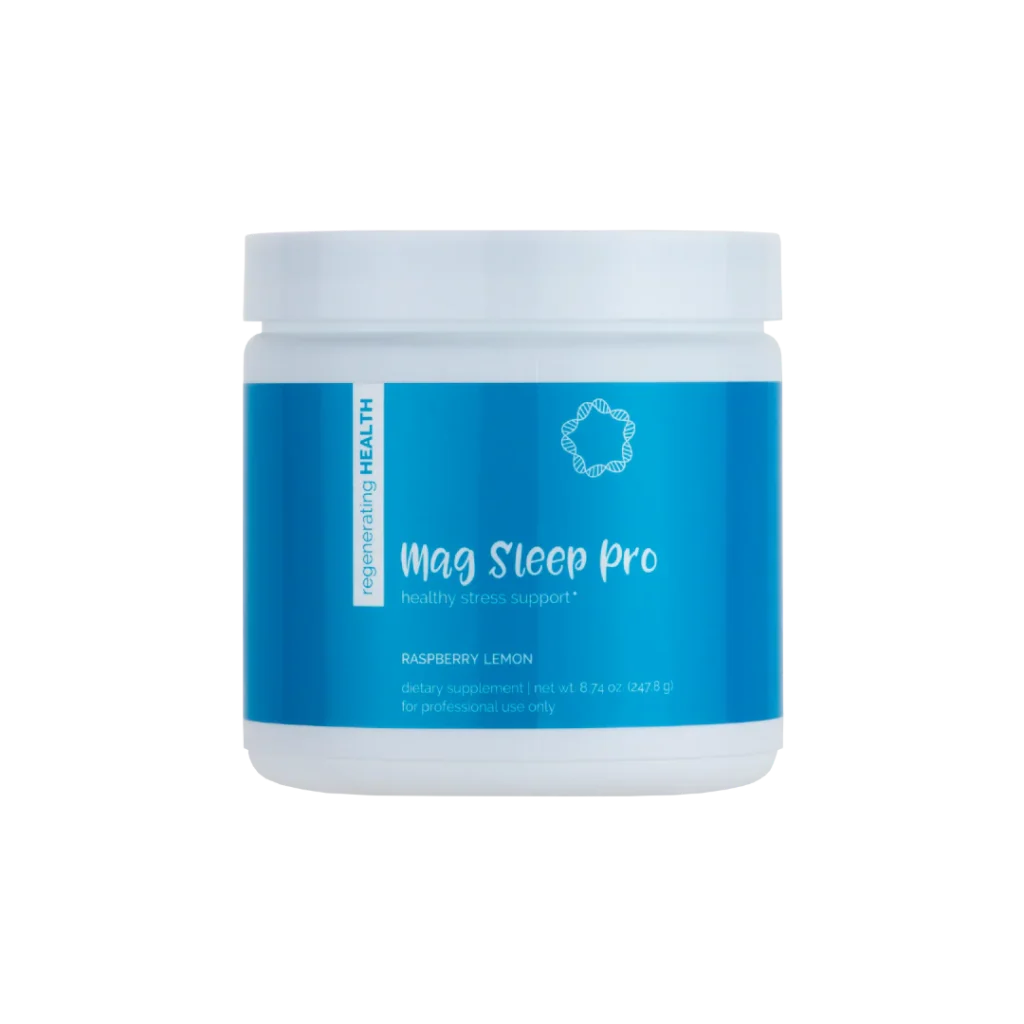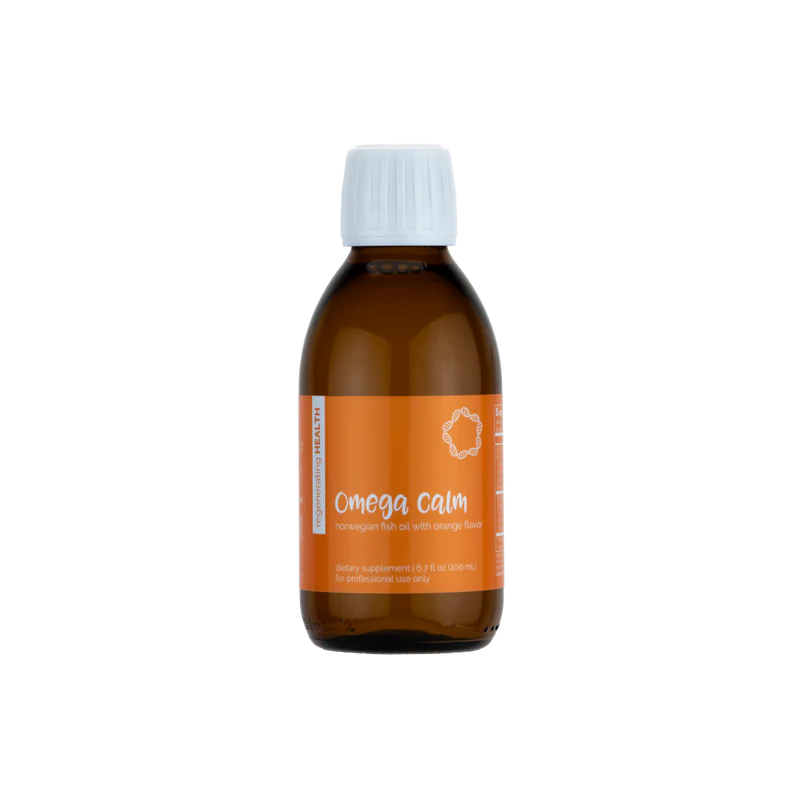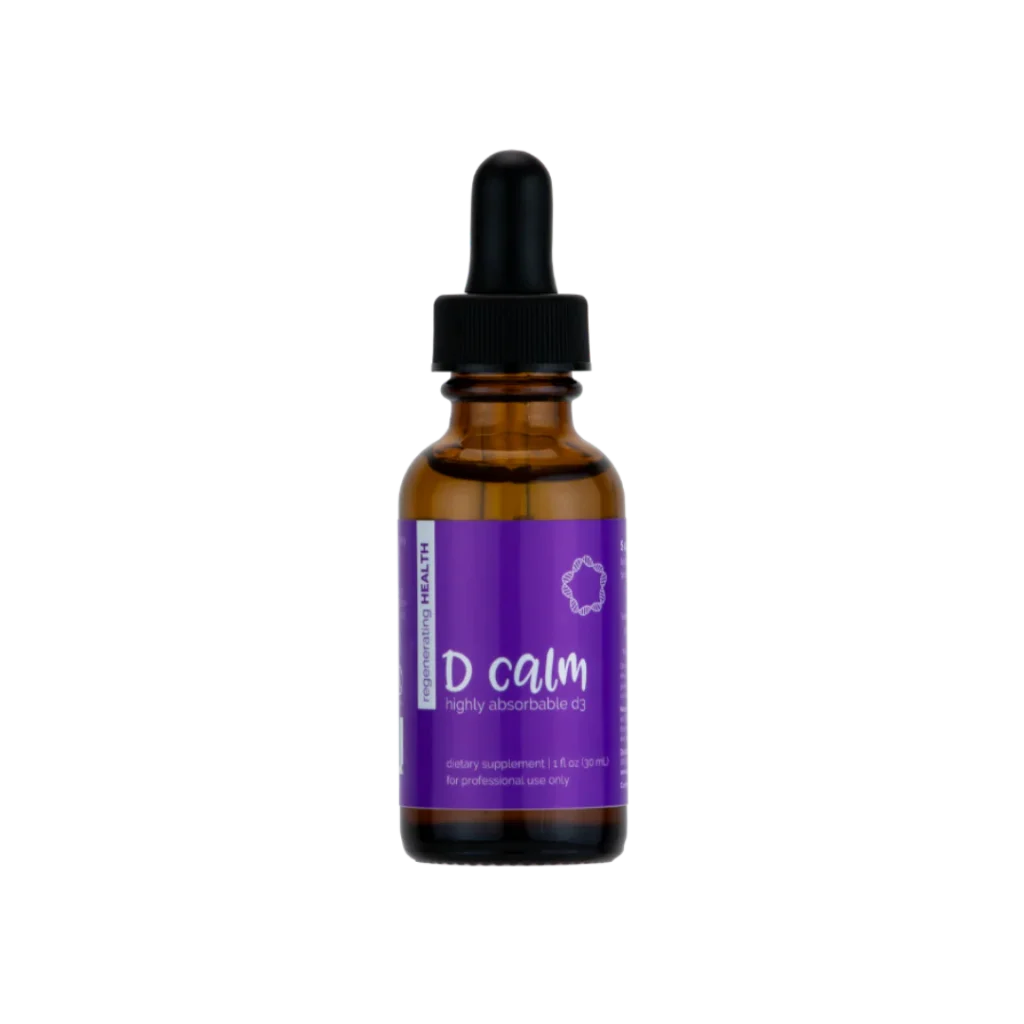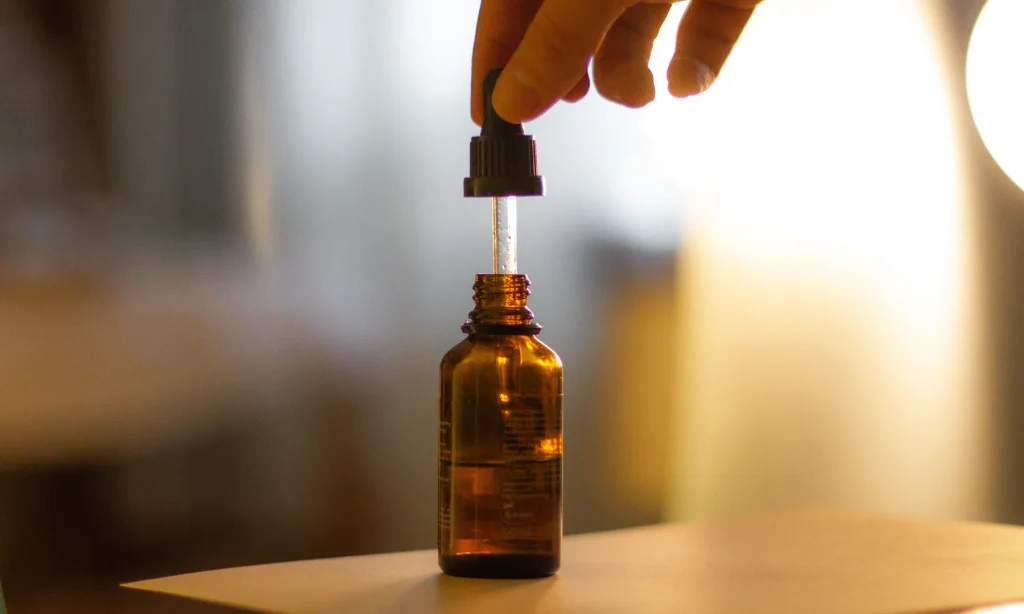Countless households coping with tic disorders – including motor tics or Tourette’s syndrome – are looking for answers beyond ordinary medicines. Many are looking to dietary supplements, as evidence suggests that specific vitamins, minerals, and natural compounds might help in managing tics.
Research has been illuminating the potential link between gut health and brain health, with some studies suggesting that nutritional deficiencies could contribute to the expression of some neurological symptoms. That said, you should attempt to rely on research-backed evidence over claims made in advertisements. And you should check with your doctor before starting anything new.
Key Takeaways
-
Supplements can provide valuable support for tic disorders when used alongside traditional treatments, with magnesium and vitamin B6 showing the most promising research results, including up to 50% improvement in tic severity scores over three months.
-
Quality matters significantly when choosing supplements – opt for third-party tested brands with bioavailable forms like magnesium glycinate over cheaper alternatives like magnesium oxide, which has poor absorption rates and may contain harmful additives.
-
Target key nutrients that support neurological function, including omega-3 fatty acids for brain health, vitamin D for immune and neurotransmitter regulation, and L-theanine for natural calming effects without drowsiness.
-
Diet plays a crucial role in tic management – focus on nutrient-dense whole foods while avoiding artificial additives, food dyes, excessive sugar, and caffeine, which can act as neurological irritants and worsen tics.
-
Combine supplements with lifestyle modifications such as stress management techniques, regular exercise, and proper sleep hygiene (8-10 hours nightly) to maximize effectiveness and address underlying tic triggers.
-
Always consult healthcare providers before starting any supplement regimen and introduce one supplement at a time to monitor effectiveness, as individual responses vary and some supplements can interact with medications.
Table of Contents
Understanding Tic Disorders and the Role of Supplements
Tic disorders affect your child’s nervous system in ways that extend far beyond what meets the eye. The connection between nutrition and neurological function runs deeper than most parents realize.
Why Supplements Matter for Tic Disorders
Nutritional gaps create neurological chaos. Modern diets—even the “healthy” ones—often fall short of providing the specific nutrients your child’s brain needs to function optimally.
Think of magnesium as your nervous system’s natural brake pedal. When you’re deficient (and up to 80% of people are), those brakes start failing. Your child’s tics may intensify simply because their brain can’t hit the pause button effectively.
Inflammation acts like static on a radio station. You know that annoying buzz when you’re trying to tune in clearly? That’s what chronic inflammation does to your child’s neural pathways. Omega-3 fatty acids and N-acetylcysteine (NAC) function as signal boosters, clearing up the neurological “static” and facilitating the smooth flow of messages between brain cells.
Neurotransmitter imbalances throw everything off-kilter. Picture dopamine and GABA as your child’s internal volume controls—one turns excitement up, the other turns it down. When these get deregulated, tics can spike dramatically.
Quality makes all the difference. (And this is where most parents get tripped up.)
Not all supplements are created equal. You could be giving your child what appears to be magnesium on the label, but if it’s magnesium oxide—the cheapest and least absorbable form—you’re essentially wasting money.
In addition, poor-quality supplements sometimes contain fillers, artificial colors, or additives that can worsen tics. It’s like trying to calm a fire with gasoline-soaked water.
The gut-brain highway runs both ways. Your child’s digestive system produces about 90% of their serotonin. When gut health suffers, neurological signs—including tics—often follow. Quality probiotics and targeted nutrients can help restore this vital connection.
Supplements are not quick fixes, but they can be effective in supporting overall health. When used as prescribed, they can bolster brain health and help make life less difficult for kids with tic disorders.
Top 7 Supplements for Tic Disorders
High-quality supplements can significantly reduce tic severity and improve quality of life. Research shows that targeted nutrients often work better than scattered approaches—think of them as precision tools rather than a shotgun blast of vitamins.
Magnesium and Vitamin B6
Magnesium and vitamin B6 work together like a perfectly choreographed dance team. Magnesium helps muscles relax and supports neurotransmitter function, while vitamin B6 produces GABA—your brain’s natural “chill pill.“ Together, they can dial down tic frequency and intensity in ways that surprise even skeptical parents.
A 2008 study in Medicina Clinica found children with Tourette’s experienced positive results with this combination. Although the study was small, subsequent research demonstrated a 50% improvement in tic severity scores over three months when using magnesium pidolate and pyridoxine alpha-ketoglutarate.

The forms matter more than you’d think. Magnesium glycinate is absorbed well, while magnesium oxide can lead to expensive bathroom trips. For vitamin B6, look for pyridoxal-5-phosphate (P5P)—it’s the active form your body uses.
Dosing becomes specific: Adults typically require around 500 mg/day of magnesium, while vitamin B6 is recommended at 2-2.8 mg per kilogram of body weight. But here’s the thing—excess magnesium might send you running to the bathroom, and too much B6 can cause nerve problems. Start conservatively and work with someone who knows the territory.
Parents consistently report fewer eye rolls and vocal tics with magnesium supplementation. One mom told me her son’s shoulder shrugs practically disappeared after six weeks, though she admits she was skeptical at first.
Omega-3 Fatty Acids

Your brain runs on fat—good fat. Omega-3s (EPA and DHA) reduce inflammation and support brain health, which becomes essential when you’re managing tics and the chaos they bring to daily life.
A 2012 study in Pediatrics found omega-3s improved tic-related impairment, even when tic scores didn’t change dramatically. Translation? Kids functioned better even if their tics didn’t disappear completely. Since up to 50% of children with tic disorders also have ADHD, omega-3s often deliver a double win.
Quality matters enormously here. High-grade fish oil or algae oil (perfect for vegetarians) makes all the difference. Nordic Naturals consistently tests well for purity—no mercury surprises lurking in your supplement bottle.
The dosing is straightforward: three softgels daily for children using most pediatric formulas, or 1,000-2,000 mg combined EPA/DHA for adults. Many parents notice improved focus and mood alongside tic reduction, like getting a bonus feature you didn’t expect.
Vitamin D
Vitamin D acts like a master conductor for your immune system and neurotransmitter function. When levels drop, everything gets a little more chaotic, including tics.
A 2019 study in Neuropsychiatric Disease and Treatment showed vitamin D3 supplementation improved symptoms in children with chronic tic disorders, with significant reductions in Yale Global Tic Severity Scale scores after 3 months. The mechanism involves regulating dopamine and immune responses, which impact tic severity. Supplementation was safe and effective, with no adverse reactions observed.

Testing removes the guesswork. Blood tests reveal your current vitamin D status, and you’ll want levels between 50-80 ng/mL for optimal neurological function. Many kids with tics test surprisingly low, especially those who spend lots of time indoors.
L-Theanine
L-theanine creates calm without drowsiness—think of it as relaxation without the afternoon crash. Found naturally in green tea, it boosts GABA levels and potentially reduces tic frequency.
A 2022 pilot study in Nutrients with 34 children showed L-theanine (200 mg daily) combined with vitamin B6 reduced tic severity more effectively than psychoeducation alone, as measured by Yale Global Tic Severity Scale scores. The supplement group experienced greater improvements in anxiety and tic symptoms over 2 months. Reddit users often report tic reductions with L-theanine and lemon balm, aligning with these findings.
The dosing is flexible: 200-400 mg daily, often split between morning and night. Start low and adjust based on response. Many parents find this combination particularly helpful for bedtime tics that interfere with sleep.
NAC (N-Acetylcysteine)
NAC works like a biochemical janitor, cleaning up oxidative stress while modulating dopamine and glutamate, two neurotransmitters often imbalanced in tic disorders.
While direct tic studies remain limited, NAC shows promise for related conditions like OCD and trichotillomania. The mechanism suggests potential benefits for tics through similar pathways. Many functional medicine practitioners consider it a foundational supplement for neurological support.
Standard dosing runs 600-1200 mg daily, typically split into two doses. Beyond tics, NAC may reduce anxiety and support mood stability, addressing multiple signs simultaneously.
Other Promising Supplements
Lemon balm increases GABA levels naturally, reducing both anxiety and tics. Dosing runs 500-1500 mg daily, often taken twice daily. Parents frequently combine this with L-theanine for enhanced calming effects.
Taurine supports neurological function at 500-1000 mg daily. Some parents report improvements using taurine-containing multivitamins like Cherifer, though individual responses vary significantly.
Probiotics support the gut-brain axis, potentially reducing tics through improved digestive health. Look for high-quality strains and start with half the adult dose for children.
Ashwagandha acts as an adaptogenic herb, helping the body manage stress at 250-500 mg daily. Cod liver oil provides both omega-3s and vitamin D in one convenient supplement. Folate supports neurological health, though dosing varies based on individual needs and genetic factors.
Choosing High-Quality Supplements
When you’re dealing with tic disorders, the last thing you want is to waste money on supplements that don’t work—or worse, make things harder for your child.
Why Quality Matters
Low bioavailability turns your supplement budget into expensive dust. Take magnesium oxide, for example—it’s cheap, but your child’s body absorbs maybe 4% of it. That’s like throwing money out the window while your kid’s tics continue unchanged.
Harmful additives can trigger the very signs you’re trying to reduce. Artificial colors like Red Dye 40 or preservatives such as sodium benzoate might seem harmless, but they’re known to be triggers for many children. Dr. Piper Gibson warns that these cheap fillers can cause digestive issues or hyperactivity, making your child’s day even more challenging.
Contamination risks are scarier than you might think. The FDA has revealed undeclared ingredients in some supplements, including potential stimulants or heavy metals. Always verify supplement quality to avoid risks, especially for children.
How to Select the Best Supplements
Third-party testing is your safety net. Look for certifications like NSF, USP, or ConsumerLab.com on the label. These aren’t just fancy stickers—they mean an independent lab verified that what’s actually inside that bottle matches what’s promised on the label.
Bioavailable forms make all the difference in effectiveness. Instead of magnesium oxide, choose magnesium glycinate—it’s gentler on the stomach, and your child’s body can use it. Methylated B vitamins work better than synthetic folic acid, especially for kids with MTHFR gene variations (more common than you’d think).
Transparent labeling should tell you precisely what you’re getting. Avoid products with mysterious “proprietary blends” or unnecessary fillers. If the ingredient list looks like a chemistry experiment, keep looking.
Consult an expert who specializes in tic disorders. A functional medicine practitioner or naturopath can help you avoid the guesswork and expensive trial-and-error approaches. They’ll consider your child’s unique needs, current medications, and potential interactions.
Here’s what I’ve learned from parents who’ve been through this: start with one high-quality supplement at a time. It’s tempting to try everything at once, but you won’t know what’s helping.
Top Brands and Recommendations
Nordic Naturals consistently delivers clean omega-3s without the fishy aftertaste that makes kids gag. Their Children’s DHA comes in strawberry flavor and tastes good—a game-changer for picky eaters.
Thorne Research produces pharmaceutical-grade magnesium glycinate that won’t cause the digestive upset that cheaper forms often trigger. Parents report better sleep and reduced tics within 2-3 weeks.
Seeking Health specializes in methylated nutrients and NAC supplements designed for sensitive individuals. Their products are formulated by a naturopathic doctor who understands genetic variations.
Garden of Life probiotics are shelf-stable and contain diverse strains that support the gut-brain connection. Their children’s formulas come in powder form that mixes easily into smoothies.
The investment in quality supplements often costs 2-3 times more than drugstore brands, but the difference in results makes it worthwhile. Remember, you’re not just buying vitamins; you’re investing in your child’s neurological health and your family’s peace of mind.

Lifestyle and Dietary Considerations
While supplements can be powerful allies in managing tic disorders, they work best as part of a comprehensive approach. Think of them as one piece of the puzzle, not the magic solution that solves everything overnight.
Diet for Tic Disorders
A child’s diet can affect how the brain develops, leading to a more straightforward or fuzzier path as signals travel from one neuron to another. And you can go ahead and blame the diet of the mother before the child is even born, because a fetus is a vitamin D-deprived creature hanging out in a dark womb for nine months.
To reduce the severity of tics in your child, focus on nutritious, brain-promoting foods. Here is a list of some superior brain foods. They are not all equally easy to find or consume, but in general, I think most of them are preferable to not eating anything. Leafy greens (magnesium). Nuts and seeds (magnesium and other nutrients). Fatty fish (omega-3s). Eggs (in moderation; they are also a brain food). Mushrooms. Fortified foods. Sunlight.
Don’t use artificial ingredients, sugar, or caffeine; they might make tics worse. Avoid products like cola, coffee, and artificial sweeteners. Do elimination diets if certain foods seem to trigger tics. Test gluten, dairy, or food dyes by removing one for 3-4 weeks, then reintroducing it while observing changes. Observe patience; this can be very effective.
Other Natural Therapies
Manage Stress: Stress is a common trigger for tics. Teach stress management techniques like mindfulness, yoga, or deep breathing exercises. Even a few minutes of guided breathing can help reduce tics, especially in the morning. Recognizing stress signals (e.g., tight shoulders, rapid heartbeat) can empower children to manage their tics better.
Exercise Regularly: Physical activity helps stabilize mood, relieve stress, and reduce nervous energy, which could otherwise fuel tics. Activities like swimming, cycling, or dancing can be practical.
Prioritize Sleep: Quality sleep (8-10 hours) is essential for managing tics. Poor sleep disrupts neurotransmitter balance and increases stress hormones. Establish a calming bedtime routine, reduce screen time before bed, and consider magnesium supplements to promote relaxation.
Combine Approaches: Supplements work best when paired with healthy lifestyle changes that address tic triggers and enhance overall health. These strategies provide a strong foundation for supplements to be more effective.
Conclusion: Integrating Supplements into a Comprehensive Treatment Plan
Handling a child’s tic disorder entails using top-notch supplements, coupled with lifestyle alterations. Collaborate with healthcare professionals to formulate an individualized plan. This should encompass appropriate diet, stress management, and sleep hygiene, core to any child’s routine. The next step is to initiate with one or two key supplements. Monitor closely for any side effects.
If you are ready to dig deeper into your child’s tic disorder, click here and start with the Tic Disorder Cheat Sheet.
Frequently Asked Questions
Tic disorders are neurological conditions that cause sudden, repetitive movements or sounds. They range from simple motor tics (like eye blinking) to complex conditions like Tourette’s syndrome. These disorders affect the nervous system and can significantly impact a child’s daily life, social interactions, and overall well-being.
Yes, research suggests that targeted nutritional supplements can help reduce tic severity when used alongside traditional treatments. Supplements work by addressing nutritional deficiencies, supporting neurotransmitter production, and reducing inflammation that may worsen tics. However, they should be viewed as supportive tools rather than standalone cures.
The most researched supplements include magnesium and vitamin B6 (which work together), omega-3 fatty acids, vitamin D, L-theanine, and N-acetylcysteine (NAC). Other promising options include probiotics, taurine, ashwagandha, and lemon balm. The effectiveness depends on individual needs and underlying nutritional deficiencies.
Magnesium helps calm the nervous system and supports proper muscle function, while vitamin B6 aids in neurotransmitter production, particularly dopamine and GABA. These nutrients work synergistically to reduce tic frequency and severity by supporting healthy brain chemistry and nervous system function.
Not all supplements are safe or effective. Quality matters significantly – low-quality supplements may contain harmful additives or have poor bioavailability. Always choose third-party tested products from reputable brands and consult with healthcare providers before starting any supplement regimen for your child.
The gut-brain connection is crucial for neurological function. An imbalanced gut microbiome can contribute to inflammation and affect neurotransmitter production, potentially worsening tics. Probiotics and targeted nutrients can help restore gut health and support the gut-brain axis, leading to improved neurological symptoms.
Diet plays a vital role in managing tics. Nutrient-dense whole foods like leafy greens, nuts, seeds, and fatty fish support brain health. Avoiding artificial additives, excessive sugar, and caffeine can help reduce tic severity. Some families benefit from elimination diets to identify specific food triggers.
Stress management techniques, regular exercise, and proper sleep hygiene are essential. Mindfulness practices, physical activity, and consistent bedtime routines can significantly reduce tic severity. These natural approaches are most effective when combined with a balanced diet and high-quality supplements.
Look for third-party testing certifications, bioavailable forms of nutrients, and transparent labeling. Reputable brands include Nordic Naturals for omega-3s, Thorne Research for magnesium, and Seeking Health for methylated nutrients. Avoid products with artificial colors, flavors, or unnecessary fillers.
No, supplements should complement, not replace, traditional medical care. They work best as part of a comprehensive approach that includes medical supervision, dietary changes, and lifestyle modifications. Always work with healthcare providers to develop an integrated treatment plan for your child’s specific needs.

